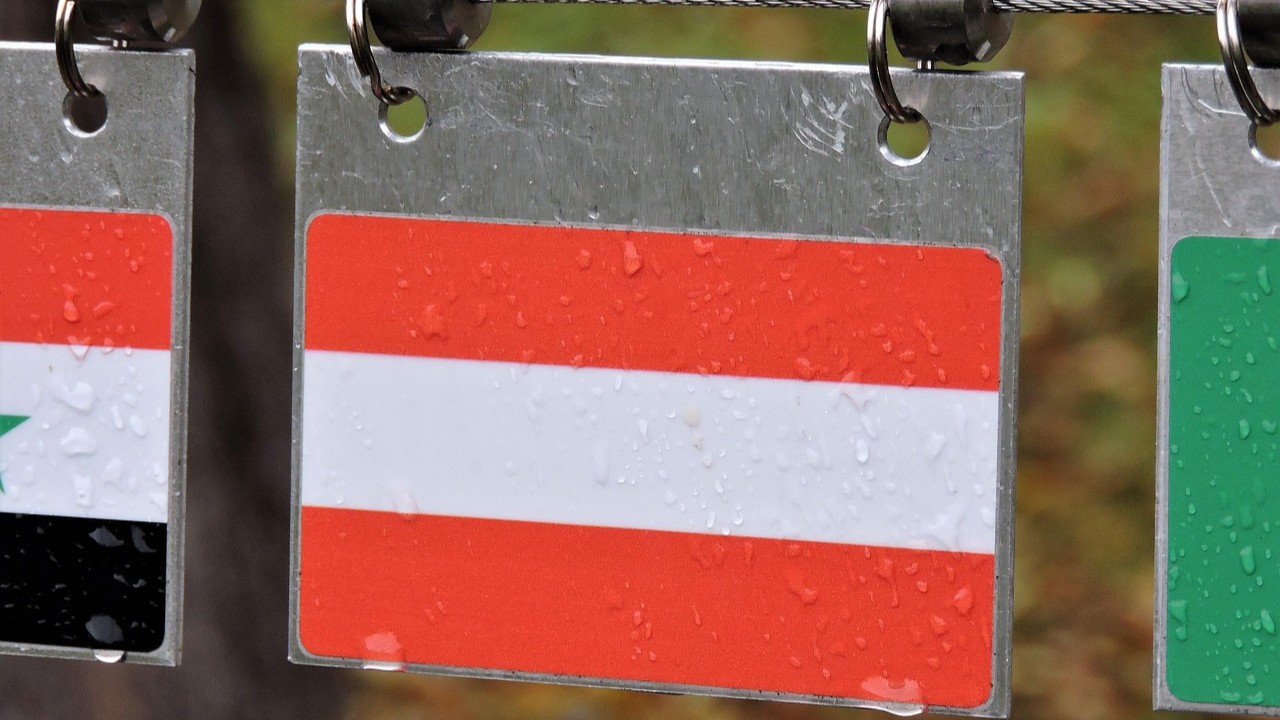No products in the cart.

Photo: Roman Hörtner / Pixabay
More than half of Austrians think Europe could be on the brink of a Third World War, yet only 16% would be willing to take up arms to defend their country, a sobering new study from research institute INTEGRAL has found.
The survey, released ahead of the 80th anniversary of the end of the WWII, highlights a growing sense of unease across the nation. Bertram Barth, INTEGRAL’s managing director, said:
The results reflect high uncertainty among the Austrian population. At the same time, the willingness to stand up for democratic values is low—a development that must be closely monitored.
The study paints a picture of a country both anxious about external threats and conflicted about its own history. Austrians identified the Russian invasion of Ukraine as the greatest threat to European peace, followed by the policies of the United States, and increased immigration to Europe. These concerns mirror broader European trends, where fears of war have been rising, but national defence commitment remains weak.
Austria is not alone in its ambivalence. According to a 2024 Gallup International survey, less than half of Europeans would be willing to fight for their country. In Austria, according to that survey, a striking 62% are unwilling to do so. Similar patterns can be observed in Germany (57%) and Italy (78%).
Meanwhile, Sweden’s population displays higher defence readiness. A recent national study showed 53% of Swedes would fight in a military conflict, with the highest levels of support among voters for the Sweden Democrats and other conservative parties.
The Austrian survey also revealed a divided national conscience. While 62% believe Austria has a special moral duty to promote peace due to its WWII past, a substantial 82% reject the notion that younger generations bear responsibility for those historical crimes. The question of remembrance itself is divisive: 25% think too much attention is given to Austria’s Nazi-era role, a sentiment particularly strong among supporters of the right-wing FPÖ.
In a time of growing geopolitical tension and instability, INTEGRAL’s findings suggest that Austria—and much of Western Europe—is confronting not only external threats, but also internal uncertainty about what it stands for and whether it is prepared to defend it.
